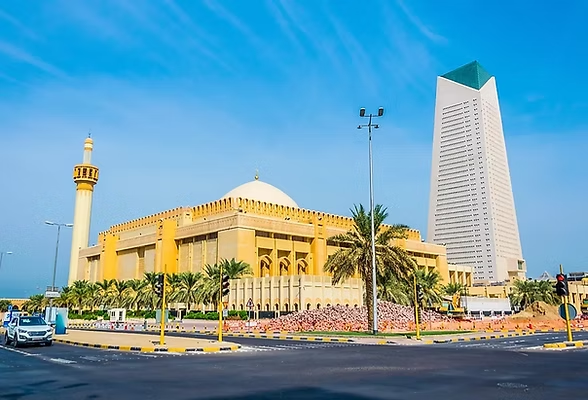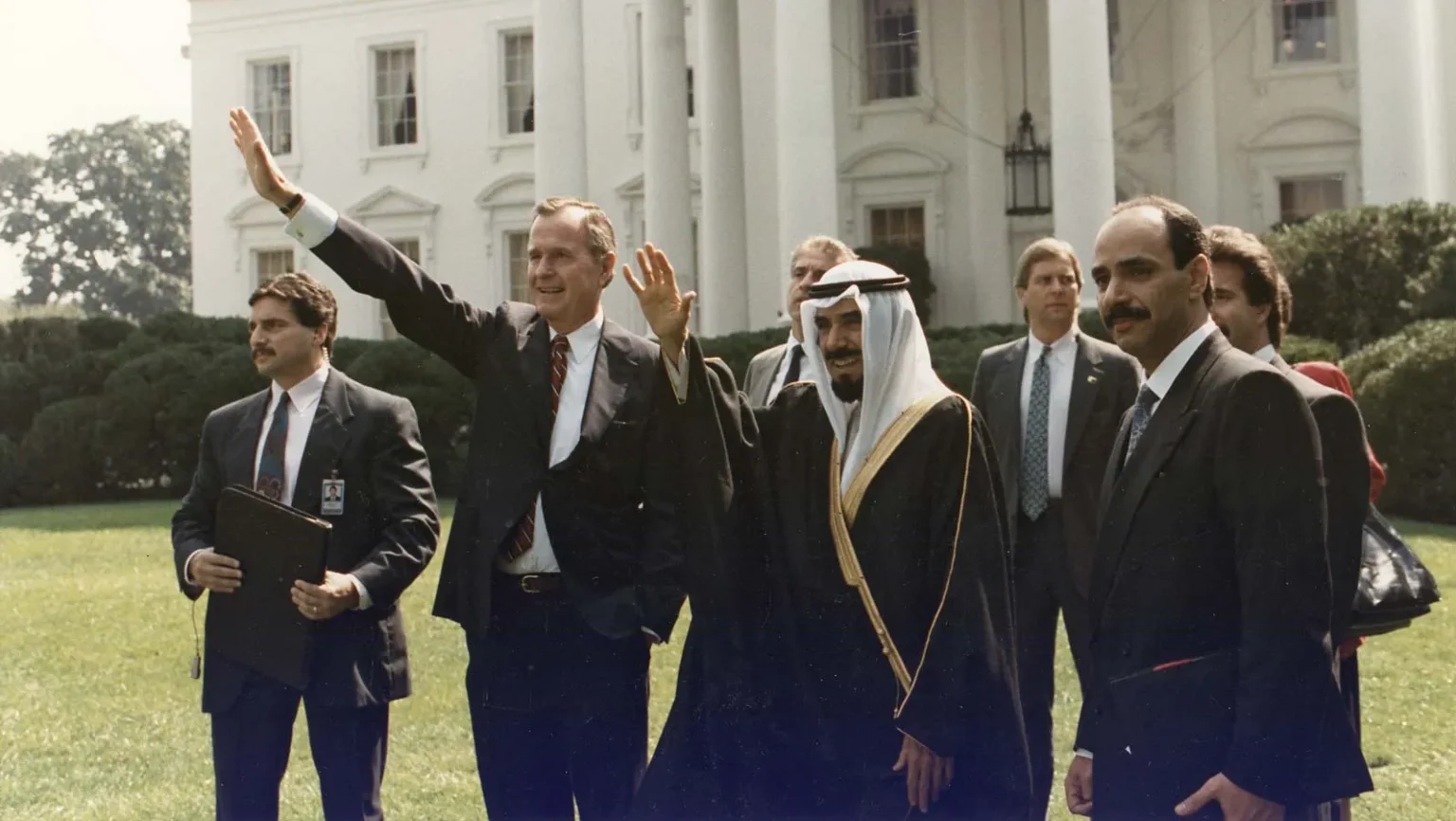In Kuwait, religion isn’t just a belief system it’s the rhythm of daily life, the compass guiding personal choices, and the foundation of community bonds. Islam, particularly the Maliki Sunni tradition, profoundly influences every facet of Kuwaiti existence, from the moment the sun rises to its setting.
The call to prayer, or adhan, resonates five times a day, inviting individuals to pause and reconnect spiritually. This practice isn’t merely a ritual; it’s a reminder of purpose, a chance to realign with faith amidst the busyness of life. The significance of these prayers extends beyond the individual, fostering a collective consciousness and unity among the people.
Spirituality in Action: Daily Rituals and Practices
Kuwait’s daily rhythm is intricately woven with Islamic practices. The observance of the five daily prayers punctuates the day, offering moments of reflection and connection with the divine. These prayers are not confined to the home; mosques are abundant, serving as community hubs where individuals gather, share, and strengthen their faith.
During the holy month of Ramadan, the entire nation comes alive with spiritual fervor. Fasting from dawn to dusk is observed with devotion, and the breaking of the fast, known as iftar, becomes a communal event. Streets are adorned with lights, and the air is filled with the aroma of traditional dishes, symbolizing unity and shared faith.
Festivals of Joy: Eid Celebrations and Their Significance
Eid al-Fitr and Eid al-Adha are not just holidays; they are expressions of gratitude, sacrifice, and communal harmony. Eid al-Fitr marks the end of Ramadan, celebrating the strength and discipline shown during the fasting period. Families come together, donning new clothes, exchanging gifts, and sharing meals, reinforcing familial and societal bonds.
Eid al-Adha commemorates the willingness of Prophet Ibrahim to sacrifice his son in obedience to God. This festival emphasizes themes of sacrifice, charity, and gratitude. The act of sacrificing an animal and distributing its meat to the less fortunate embodies the spirit of giving and empathy, ensuring that the blessings of Eid reach all members of society.

The Role of Family: A Pillar of Kuwaiti Society
In Kuwaiti culture, family is the cornerstone of social structure. Islamic teachings emphasize the importance of family ties, respect for elders, and the nurturing of children. These values are deeply ingrained in Kuwaiti society, where extended families often live in close proximity, providing a support system that is both emotional and practical.
The concept of mahram, referring to a person with whom marriage is not permissible, underscores the significance of family relationships. It dictates social interactions and ensures that familial bonds are preserved and respected, reflecting the broader Islamic principle of maintaining moral integrity within the community.
Hospitality: A Reflection of Generosity and Faith
Hospitality in Kuwait is more than a cultural norm; it’s a manifestation of Islamic principles of generosity and kindness. Guests are treated with utmost respect, often greeted with Arabic coffee (qahwa) and dates, symbolizing warmth and welcome. This tradition fosters a sense of belonging and community, transcending social and cultural differences.
The act of sharing food, especially during religious occasions, strengthens social ties and reflects the Islamic value of charity. It’s not uncommon for families to prepare large feasts and invite neighbors and friends, ensuring that no one is left without during significant events.
Education: Nurturing Minds and Souls
Education in Kuwait is deeply influenced by Islamic values. Schools impart not only academic knowledge but also moral and ethical teachings derived from the Quran and Hadith. Subjects like Islamic studies and Arabic are integral parts of the curriculum, ensuring that students grow up with a strong sense of identity and purpose.
The emphasis on education is also evident in the establishment of institutions like the Kuwait University’s College of Sharia and Islamic Studies, which offers programs in Islamic law, theology, and Arabic language studies. These institutions play a pivotal role in preserving and promoting Islamic knowledge and values.

Architecture: Structures that Reflect Spirituality
Kuwaiti architecture beautifully marries functionality with spirituality. Mosques, with their intricate designs and serene courtyards, serve as places of worship and reflection. The Grand Mosque of Kuwait, with its majestic dome and expansive prayer halls, stands as a testament to the nation’s devotion and architectural prowess.
Beyond mosques, Islamic principles influence the design of homes and public spaces. Courtyards, fountains, and gardens are common features, providing spaces for contemplation and community gatherings. The layout of neighborhoods often encourages social interaction, reflecting the Islamic emphasis on community cohesion.
Legal Framework: Shaping Society through Islamic Law
Islamic law, or Sharia, plays a significant role in shaping Kuwait’s legal system. While the country maintains a civil law framework, many laws are inspired by Islamic principles, particularly in areas like family law, inheritance, and personal conduct.
The integration of Islamic values into the legal system ensures that societal norms align with religious teachings, promoting justice, equity, and moral integrity. This alignment fosters a sense of trust and unity among the populace, as laws are perceived as reflections of shared beliefs and values.
Modernity and Faith: A Harmonious Coexistence
In Kuwait, embracing modernity doesn’t mean forsaking tradition. The nation showcases how faith and progress can coexist harmoniously. Technological advancements are utilized to enhance religious practices; for instance, mobile applications provide prayer times, Quranic verses, and platforms for charitable giving, making it easier for individuals to stay connected with their faith in a fast-paced world.
The younger generation exemplifies this balance, seamlessly integrating modern lifestyles with traditional values. They engage with global trends while upholding Islamic principles, demonstrating that faith can be a guiding force in navigating contemporary challenges.
Interfaith Harmony: A Tapestry of Beliefs
While Islam is the predominant religion, Kuwait is home to a diverse array of religious communities. The nation’s commitment to religious tolerance and coexistence is evident in its policies and societal norms. Places of worship for various faiths exist alongside mosques, and interfaith dialogues are encouraged, fostering mutual respect and understanding.
This inclusivity reflects the Islamic tenet of respecting people of all faiths and backgrounds. It underscores the belief that diversity enriches society and that peaceful coexistence is not only possible but desirable.
Conclusion: A Nation United by Faith and Tradition
Kuwait stands as a shining example of how religion can shape a nation’s identity and daily life. Through its unwavering commitment to Islamic values, the country has cultivated a society that values spirituality, community, and tradition. These principles permeate every aspect of life, from the structure of the family to the design of public spaces, from the legal system to the celebration of festivals.
In Kuwait, faith isn’t just a personal matter; it’s a collective experience that binds the nation together, creating a harmonious blend of tradition and modernity. It’s a testament to the enduring power of religion to shape lives, build communities, and inspire nations.
Do follow Gulf Magazine on Instagram.
Also Read – Vibrant Traditions: The Power of Music and Dance in Kuwait



